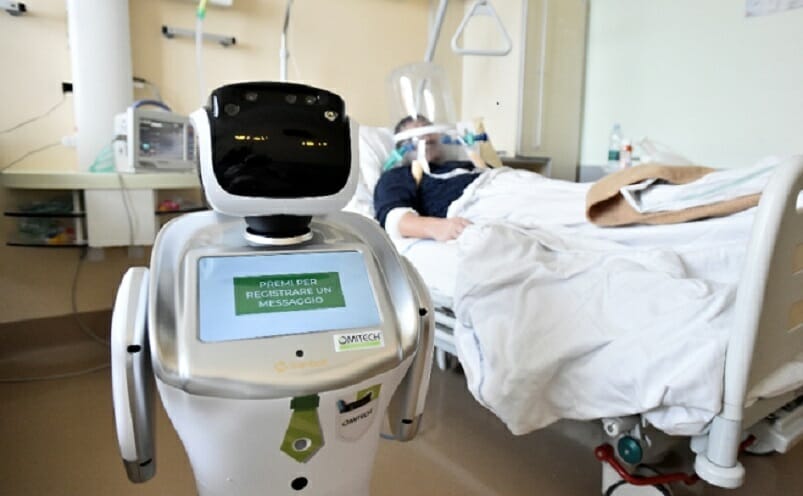Researchers from the Texas Analog Center of Excellence (TxACE) at UT Dallas are currently working on developing an electronic nose that is affordable which will be used in breath analysis for health diagnosis. Currently, there are already devices that can analyze the breath by using compound semiconductors. However, they are bulky and expensive for commercial use, according to Dr. Kenneth O, who is one of the principal investigators of the effort and director of TxACE. The researchers found out that using CMOS integrated circuits technology (the tech that’s used to make smartphones, tablets and other devices possible) would make the electronic nose more affordable.
The new research is entitled: 200-280GHz CMOS Transmitter for Rotational Spectroscopy and Demonstration in Gas Spectroscopy and Breath Analysis. According to Dr. Navneet Sharma, the lead author of the paper “Smell is one of the senses of humans and animals, and there have been many efforts to build an electronic nose. We have demonstrated that you can build an affordable electronic nose that can sense many different kinds of smells. When you’re smelling something, you are detecting chemical molecules in the air. Similarly, an electronic nose detects chemical compounds using rotational spectroscopy.”
The rotational spectrometer is responsible for generating and transmitting electromagnetic waves over a wide range of frequencies. It also analyzes how the waves are attenuated to check which chemicals are present, and their concentrations in a given sample. It is capable of detecting low levels of chemicals present in the human’s breath.

Source: Agoramedia
The human breath contains gases from the stomach and blood when it comes in contact with air in the lungs. The breath test is practically a blood test without the need for taking blood samples. The human breath can be the access to different information about any part of the body.
The electronic nose is capable of detecting gas molecules with great specificity and sensitivity than Breathalyzers, that usually confuses ethanol for acetone in the breath. This can be useful for patients with Type 1 diabetes who have high concentrations of acetone found in their breath.
The researchers plan to use the CMOS-based device in industrial settings first, then in hospitals. As their device develops, they may become household devices. The researchers are currently constructing a prototype programmable electronic nose that will be beta-tested around early 2018.
Article sources:













